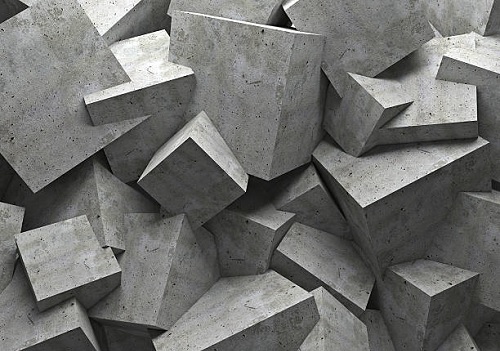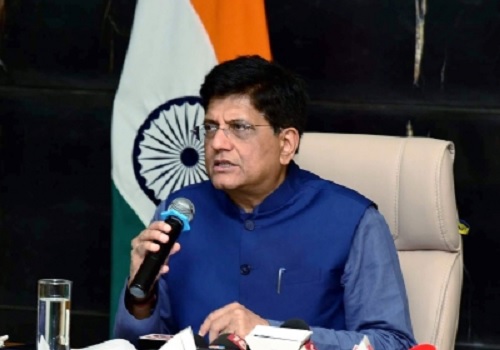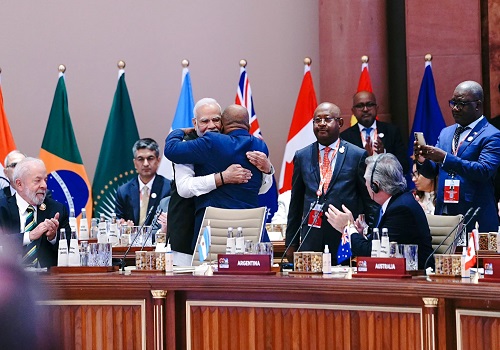IIT Guwahati team develops smart window material

Follow us Now on Telegram ! Get daily 10 - 12 important updates on Business, Finance and Investment. Join our Telegram Channel
Indian Institute of Technology (IIT) Guwahati researchers have developed smart window materials that can effectively control the amount of heat and light passing through them in response to an applied voltage.
Such smart window materials would help in developing efficient automatic climate control systems in buildings, suggests the study published in the journal Solar Energy Materials and Solar Cells.
According to the UN Environment Programme, buildings around the globe account for 36 per cent of energy use and 39 per cent of energy-related carbon dioxide emissions annually.
The primary consumption of energy in buildings is by the climate control system, in which energy-consuming devices are used to maintain comfortable indoor temperature and brightness.
Hence, a building's heating, cooling and lighting loads are major energy-consumption segments in any building.
To meet the goals of the Paris Climate Agreement, a building's energy intensity -- how much energy buildings use -- will have to improve by 30 per cent by 2030.
"There has been increased attention to sustainable architectural designs for better light and heat management in buildings in recent years and deploying smart windows is the first step for such structures," said Debabrata Sikdar, Assistant Professor at the institution.
Conventionally, window designs are static, i.e., they are predesigned for specific climatic conditions.
The emergent smart windows, on the other hand, can dynamically adjust the amount of light and heat radiation entering a building in response to external stimuli, thus conserving the building's energy.
The design of smart windows that are tuneable for all-weather conditions is challenging.
The IIT Guwahati team has designed smart window 'glasses' using noble metals as well as their relatively inexpensive alternatives that can dynamically control the intensity of transmitted solar radiation, depending upon the weather/climate condition.

























